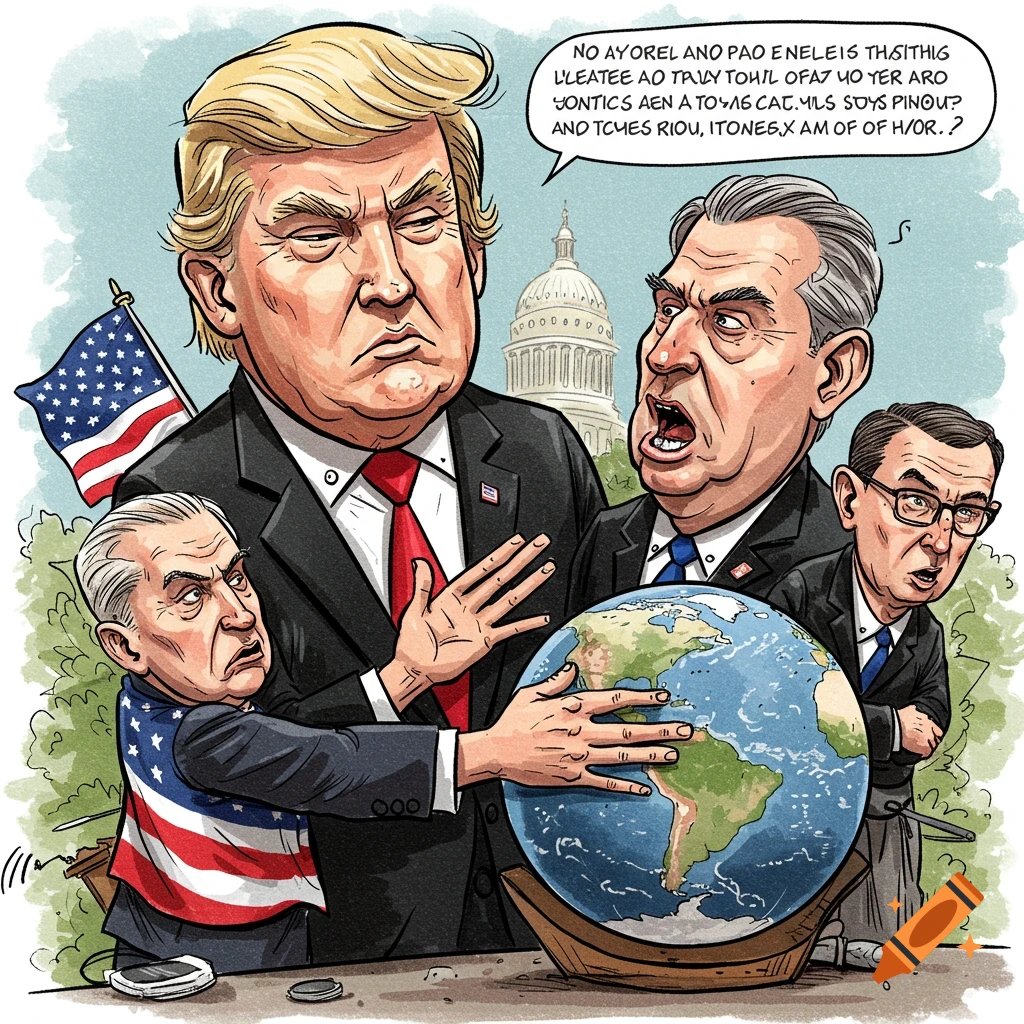
Introduction
The question of whether globalization is ending has become increasingly relevant in recent years, as global events and shifting political dynamics challenge long-held assumptions about international integration and interconnectedness.
From supply chain disruptions to geopolitical tensions, various factors have led many to question the future of globalization as we know it.
Historical Context
Modern globalization emerged in the late 20th century, characterized by:
- Rapid expansion of international trade
- Formation of global supply chains
- International financial integration
- Cultural exchange and standardization
The period from 1990-2008 saw unprecedented growth in global interconnectedness, often termed "hyperglobalization."
Key Challenges to Globalization
Economic Factors
- Rising protectionist policies and trade barriers
- Growing income inequality within countries
- Economic nationalism and populist movements
- Currency volatility and financial instability
Geopolitical Tensions
- Strategic competition between major powers
- Technology and data sovereignty concerns
- Regional power dynamics and conflicts
- Security concerns in critical industries
Supply Chain Vulnerabilities
- Disruptions revealed during global crises
- Over-reliance on single regions or suppliers
- Rising logistics costs and complexity
- Environmental and sustainability concerns
Current Trends
Rather than ending entirely, globalization appears to be transforming into a new phase characterized by:
Regionalization
- Formation of stronger regional trade blocs
- Near-shoring and friend-shoring of production
- Regional supply chain optimization
- Local market focus and adaptation
Digital Transformation
- Accelerated digital connectivity and commerce
- Cross-border data flows and digital services
- Virtual collaboration and remote work
- Digital platforms and marketplaces
Strategic Restructuring
- Focus on supply chain resilience
- Investment in domestic manufacturing capabilities
- Strategic industry protection and development
- Innovation in logistics and distribution
Future Outlook
The future of globalization is likely to be more nuanced and complex, featuring:
Selective Integration
- Strategic autonomy in critical sectors
- Balanced approach to international dependencies
- Diversified supply networks
- Focus on resilience over efficiency
Technological Evolution
- Continued digital integration and innovation
- Automation and AI in global operations
- New forms of international collaboration
- Digital trade and services growth
Sustainability Focus
- Environmental considerations in trade
- Carbon border adjustments
- Circular economy initiatives
- Green technology cooperation
Conclusion
Rather than witnessing the end of globalization, we are experiencing its evolution into a more sophisticated and multifaceted system. This new phase balances the benefits of global integration with the need for resilience, sustainability, and national interests.
The future of globalization will likely be characterized by smarter, more selective international connections rather than the wholesale retreat from global integration. Success in this new era will require adaptability, strategic thinking, and a nuanced understanding of the changing global landscape.
---
Note: If the text above is not clear, the reason is probably that ShowMoor has encrypted it.
Press the ShowMoor -button, join the community and you can - in addition to this - enjoy everything the service has to offer - for a small subscription fee.